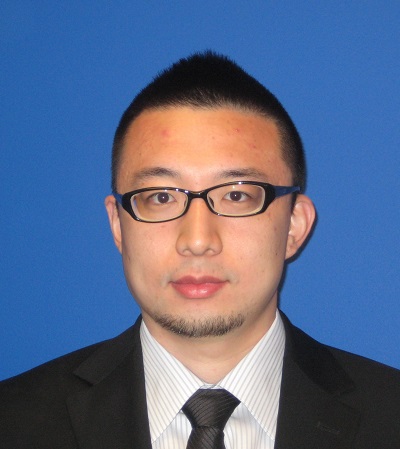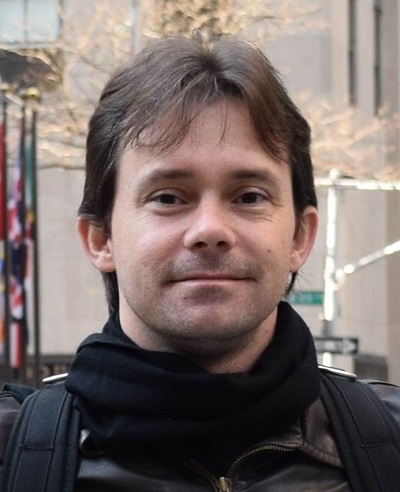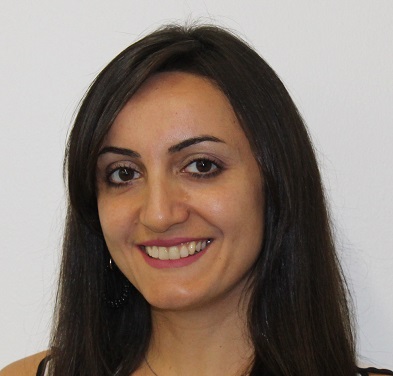WEBINAR
Sub brand
Date: July 29, 2021
Time: 9:30am – 12:00pm PT
Duration: 2.5 hours
Time: 9:30am – 12:00pm PT
Duration: 2.5 hours
Develop and Optimize Deep Learning Recommender Systems: Insights and Best Practices from NVIDIA, Facebook, and TensorFlow
Join fellow machine learning engineers and data scientists on July 29 for an engaging online conversation with experts who are building hardware and software that make recommenders run efficiently at scale.
By joining this Deep Learning Recommender Summit, you'll hear from fellow ML engineers and data scientists from NVIDIA, Facebook, and TensorFlow on best practices, learnings, and insights for building and optimizing highly effective DL recommender systems.
Sessions
High-Performance Recommendation Model Training at Facebook
Deep learning recommendation models are the single largest AI application at Facebook which consumes the highest number of compute cycles at our large-scale data-centers. Meanwhile, training recommendation models with GPU is challenging as the model often contains large embedding tables thus carries compute-intensive, memory intensive and communication-intensive components. In this talk, we will first analyze how model architecture affects the GPU performance and efficiency, and also present the performance optimizations techniques we applied to improve the GPU utilization, which includes optimized PyTorch-based training stack supporting both model and data parallelism, high-performance GPU operators, efficient embedding table sharding, memory hierarchy and pipelining.
RecSys2021 Challenge Predicting User Engagements with Deep Learning Recommender Systems
The NVIDIA team, a collaboration of Kaggle Grandmaster and NVIDIA Merlin, won the RecSys2021 challenge. It was hosted by Twitter, who provided almost 1 billion tweet-user pairs as a dataset. The team will present their winning solution with a focus on deep learning architectures and how to optimize them.
Revisiting Recommender Systems on GPU
In this talk we’ll explore changes in GPU hardware within the last generation that make it much better suited to the recommendation problem, along with improvements on the software side that take advantage of optimizations only possible in the recommendation domain. A new era of faster ETL, Training and Inference is coming to the RecSys space and this talk will walk through some of the patterns of optimization that guide the tools we’re building to make recommenders faster and easier to use on the GPU.
TensorFlow Recommenders
TensorFlow Recommenders is an end-to-end library for recommender system models: from retrieval, through ranking, to post-ranking. In this talk, we describe how TensorFlow Recommenders can be used to fit and safely deploy sophisticated recommender systems at scale.
WEBINAR REGISTRATION
THANK YOU FOR REGISTERING FOR THE WEBINAR
You will receive an email with instructions on how to join the webinar shortly.
Main Content
maincontent goes here
Content
Content goes here
Content
content goes here
Content
Content goes here
Content
DGX Station Whitepaper
Dive deeper into the DGX Station and learn more about the architecture, NVLink, frameworks, tools and more.
Dive deeper into the DGX Station and learn more about the architecture, NVLink, frameworks, tools and more.
DGX Station Whitepaper
Dive deeper into the DGX Station and learn more about the architecture, NVLink, frameworks, tools and more.
Dive deeper into the DGX Station and learn more about the architecture, NVLink, frameworks, tools and more.
Content
Content goes here
Speakers
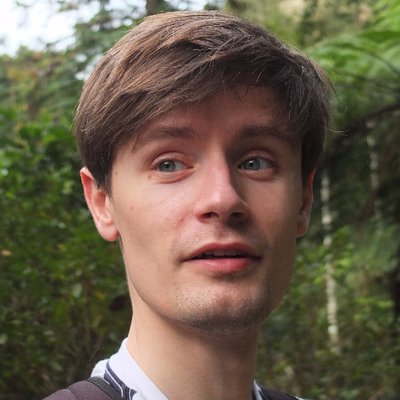
Maciej Kula
Engineer, Google ResearchMaciej is an engineer working on recommender systems at Google Research. He helps maintain several libraries for recommender systems, including TensorFlow Recommenders and LightFM.
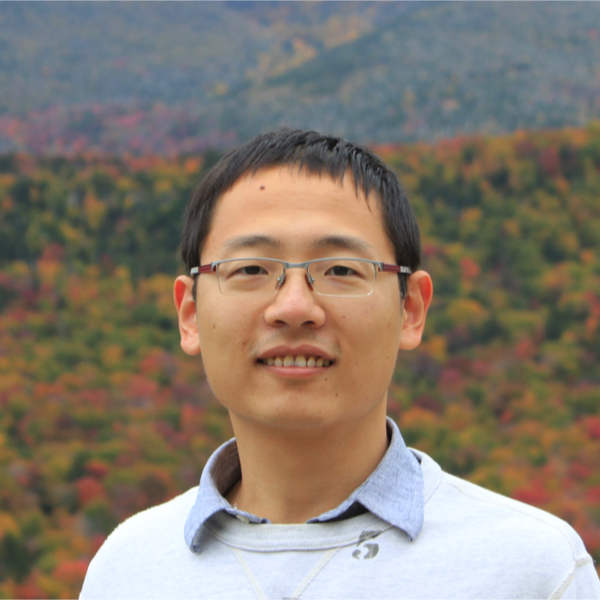
Xiaodong Wang
Research Scientist, AI Infra at FacebookXiaodong Wang is a research scientist at Facebook. He received his PhD degree from Cornell University in 2017, and BE from Shanghai Jiao Tong University in 2011. Since joining Facebook in 2017, he has been working on various GPU-base projects, such as performance characterization and evaluation for emerging AI workloads, optimizing and productionization recommendation models on GPU.
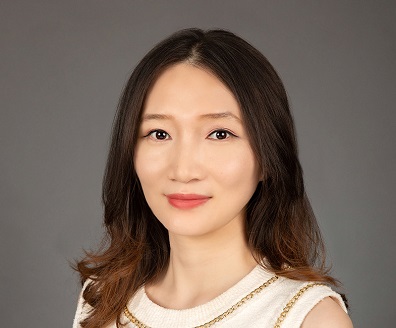
Jade Nie
Research Scientist, AI Infra at FacebookJade Nie is a research scientist at Facebook AI Infra. She received the PhD degree from Princeton University in 2019 and BE from Tsinghua University in 2014. After joining Facebook in 2019, she has been working on building high-performance GPU-based training platforms for Facebook’s recommendation models.
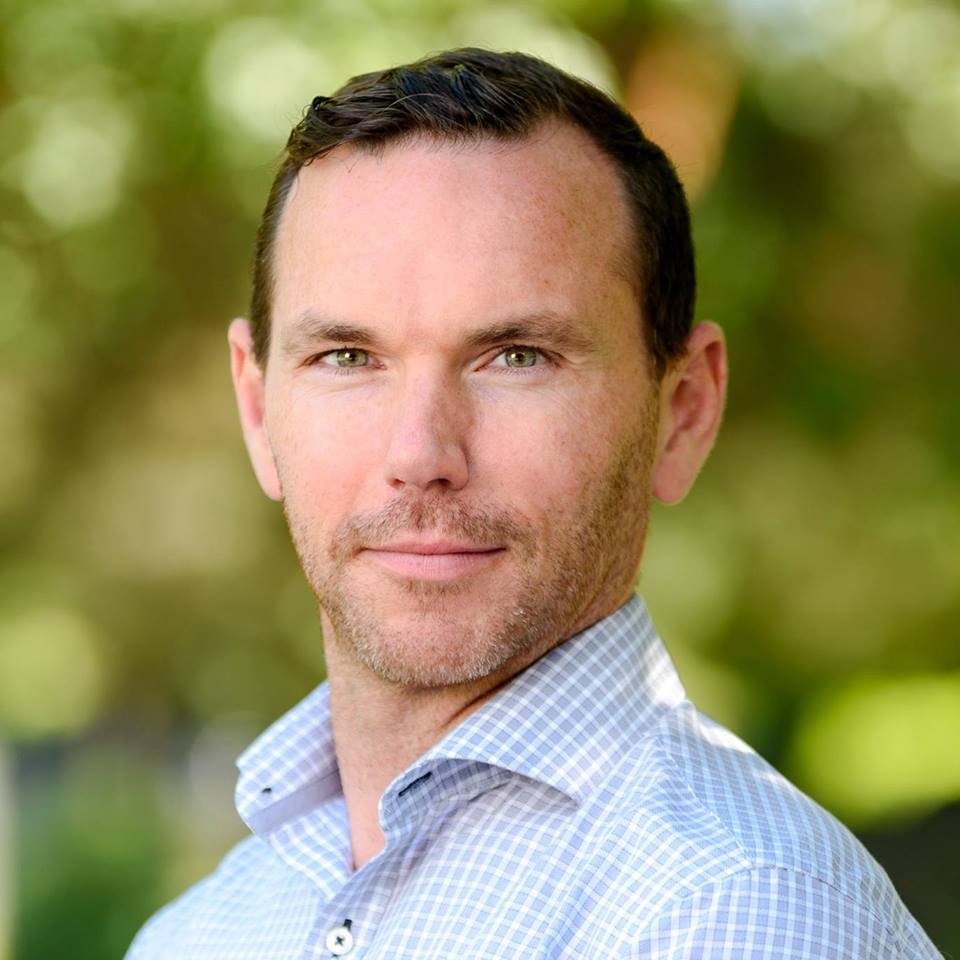
Even Oldridge
Sr. Manager - RecSys Platform TeamEven Oldridge is a senior applied research scientist at NVIDIA and leads the team developing NVTabular. He has a PhD in Computer Vision but has spent the last five years working in the recommender system space with a focus on deep learning–based recommender systems.
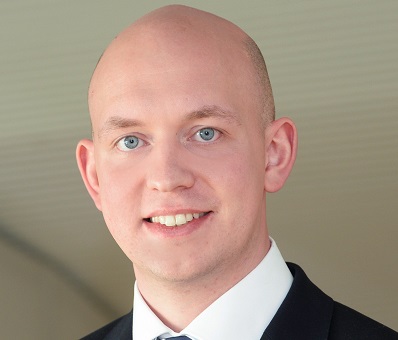
Deep Learning Engineer, NVIDIA
Deep Learning Engineer, NVIDIABenedikt Schifferer is a deep learning engineer at NVIDIA working on recommender systems. Prior to his work at NVIDIA, he graduated with a master of science in data science from Columbia University, New York and developed recommender systems for a German ecommerce company.
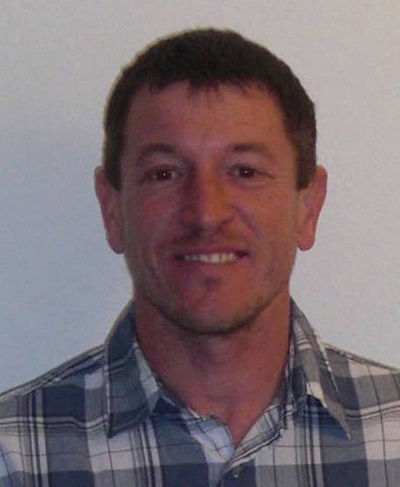
Senior Data Scientist, NVIDIA
Senior Data Scientist, NVIDIAChris Deotte earned a BA in mathematics then worked as a graphic artist, photographer, carpenter, and teacher. He also earned a PhD in computational science and mathematics with a thesis on optimizing parallel processing and now works as a data scientist and researcher. Chris is a 4x Kaggle Grandmaster.
Additional Speakers
Bo Liu
Senior Deep Learning Data Scientist, NVIDIAGilberto Titericz
Senior Data Scientist, NVIDIARonay Ak
Sr. Data Scientist, NVIDIAContent Title
Content here
